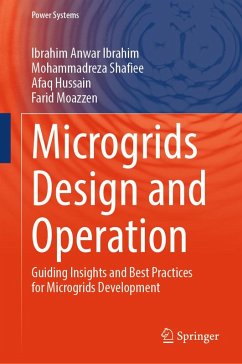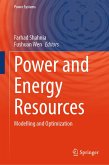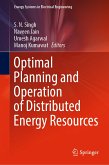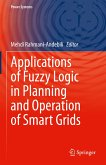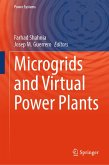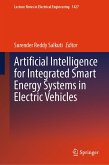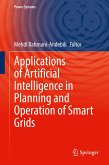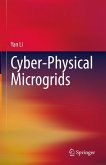Readers will benefit from detailed insights into the economic, technical, and social aspects of microgrids, including their role in enhancing grid resilience, improving energy efficiency, and supporting renewable integration. The book also addresses the latest technological advancements, such as digital twins and machine learning applications, that are shaping the future of microgrid design and operation. It serves as a practical manual, providing frameworks and methodologies that can be applied in real-world scenarios to optimise microgrid performance. The unique combination of theoretical knowledge and practical experience makes this book a valuable resource for researchers, engineers, policymakers, and practitioners in the energy sector.
Dieser Download kann aus rechtlichen Gründen nur mit Rechnungsadresse in A, B, BG, CY, CZ, D, DK, EW, E, FIN, F, GR, HR, H, IRL, I, LT, L, LR, M, NL, PL, P, R, S, SLO, SK ausgeliefert werden.

